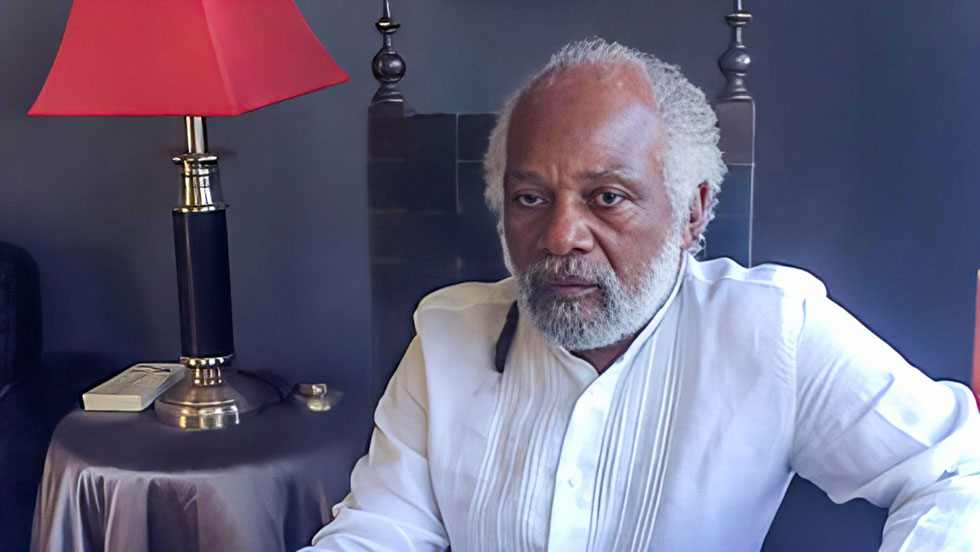JAMAICA's Political Inflection Point, Will the PNP Seize the Moment ?

MONTEGO BAY, Jamaica, May 3, 2024 - Jamaica finds itself at a critical inflection point in its political history, evidenced by the recent Local Government Elections where the Opposition People's National Party (PNP) triumphed significantly.
The result of the recent local government elections with PNP's securing 326,450 votes to the Jamaica Labour Party's (JLP) 301,043, has sent ripples of concern through the ruling party.

This sentiment was exacerbated by a recent Don Anderson poll, which placed the PNP seven points ahead, prompting a reconsideration of allegiance by key financial backers.
Notably, influential donors, once staunch supporters of the JLP, are now veering towards the PNP under Mark Golding’s leadership, indicating a seismic shift in political allegiances.
This exodus of support from the monied class is particularly damaging to the JLP, given the influential role of these donors in shaping media narratives and public opinion.
The abandonment by such a critical constituency underscores a burgeoning crisis within the party and heralds a potentially devastating blow to its future prospects.
Compounded by internal strife and public bickering, exemplified at the emergency meeting where Finance Minister Hon. Nigel Clarke was notably excluded, the JLP's leadership under Andrew Holness is under severe threat. These internal conflicts, coupled with emerging external challenges, signify deep-rooted issues within the party.
The loss of support from both the donor class and bureaucratic elites, many of whom seek to preserve their positions by aligning with the anticipated new government, highlights a broader disillusionment with the current administration. This disillusionment is driven by concerns over governance, ethics, and corruption, further eroding the JLP's standing.
Complicating matters further is the disillusionment within the Chinese merchant community, a demographic that has significantly bolstered JLP campaigns in the past.
Their growing disenchantment stems from increasing incidents of crime — robberies, shootings, and extortion — which they feel have not been adequately addressed by the Holness/Chang administration. This perceived neglect has led to a significant erosion of support, with many in the community redirecting their substantial financial contributions away from the JLP.
These developments suggest a precarious future for the JLP, as internal discord and the defection of key supporters threaten to destabilize Andrew Holness’s leadership. Rumors of Dr. Christopher Tufton's potential challenge for the leadership add to the turbulence, reflecting a party at a crossroads, struggling to maintain unity and direction amidst growing external and internal pressures.
This confluence of political and social shifts underscores a critical moment for Jamaica’s political landscape, potentially heralding a new era of governance and realignment of power structures.
The waning influence of the JLP is not merely a reflection of shifting voter sentiment but also indicative of deeper structural issues within the party. The donor exodus, highlighted by the loss of confidence from the Chinese merchant community and other influential backers, points to a troubling trend of diminishing resources which could severely impact future campaigns.
Amidst this turmoil, the PNP is capitalizing on the JLP’s vulnerabilities. Mark Golding’s leadership is currently receiving an influx of support, both financially and in public sentiment, positioning the PNP as the new favorite in the eyes of many Jamaicans and international observers alike. This shift is not only reshaping the political landscape but also redefining the narratives that will drive future electoral strategies.
Moreover, the internal dynamics of the JLP are characterized by increased bickering and lack of cohesion. Such divisions within the party hierarchy suggest a potential split or realignment, as factions may begin to coalesce around different leaders, further complicating the party’s path to reconciliation and unity.
The evolving political scenario in Jamaica underscores a broader narrative of change and adaptation. As the JLP struggles to recalibrate and address its internal and external challenges, the PNP stands poised to potentially lead the next government. This period of transition highlights the importance of robust leadership and the ability to maintain the confidence of key stakeholders, from local communities to influential donors.
The possibility of an imminent General Election being called to save the party from further decline is being considered.
Waiting until the constitutional Elections in June 2025 could be risky, as the party faces the prospect of a significant loss in popularity.
Holness may be compelled to call for elections before the Annual Conference in November 2024 to counter the challenges to his leadership, particularly amidst growing discontent with his leadership style and influence, including concerns about the domination of his wife within the party.
The Integrity Commission Report poses a critical threat to Holness's position, highlighting concerns about his income and assets declarations for 2021 and 2022.
Failure to comply with the mandated annual declarations could have severe consequences, especially with ongoing investigations into illicit enrichment involving six parliamentarians.
The potential revelations from the Integrity Commission report could further undermine Holness's credibility and lead to a significant backlash from the public and within the party.
In essence, the combination of the Don Anderson poll results, internal party turmoil, and the looming Integrity Commission Report has created a precarious situation for Andrew Holness and the JLP. The impending challenges and the need to address public discontent and compliance issues may force Holness to make critical decisions regarding leadership, elections, and party stability in the near future.
This political evolution is a critical reminder of the dynamic nature of electoral politics and the importance of responsive governance. As Jamaica approaches more significant national elections, the lessons learned during this period will undoubtedly influence the strategies and platforms of all major parties involved.
In summary, the political landscape in Jamaica is undergoing a profound transformation, driven by a combination of electoral shifts, loss of donor confidence, and internal party strife.
These developments could herald a new chapter in Jamaican politics, one where governance and leadership are re-evaluated in the face of evolving challenges and opportunities.
As the JLP contemplates its future, the PNP’s rising momentum may reshape the nation's political fortunes, underscoring the ever-present need for adaptability and foresight in politics.
-30-
